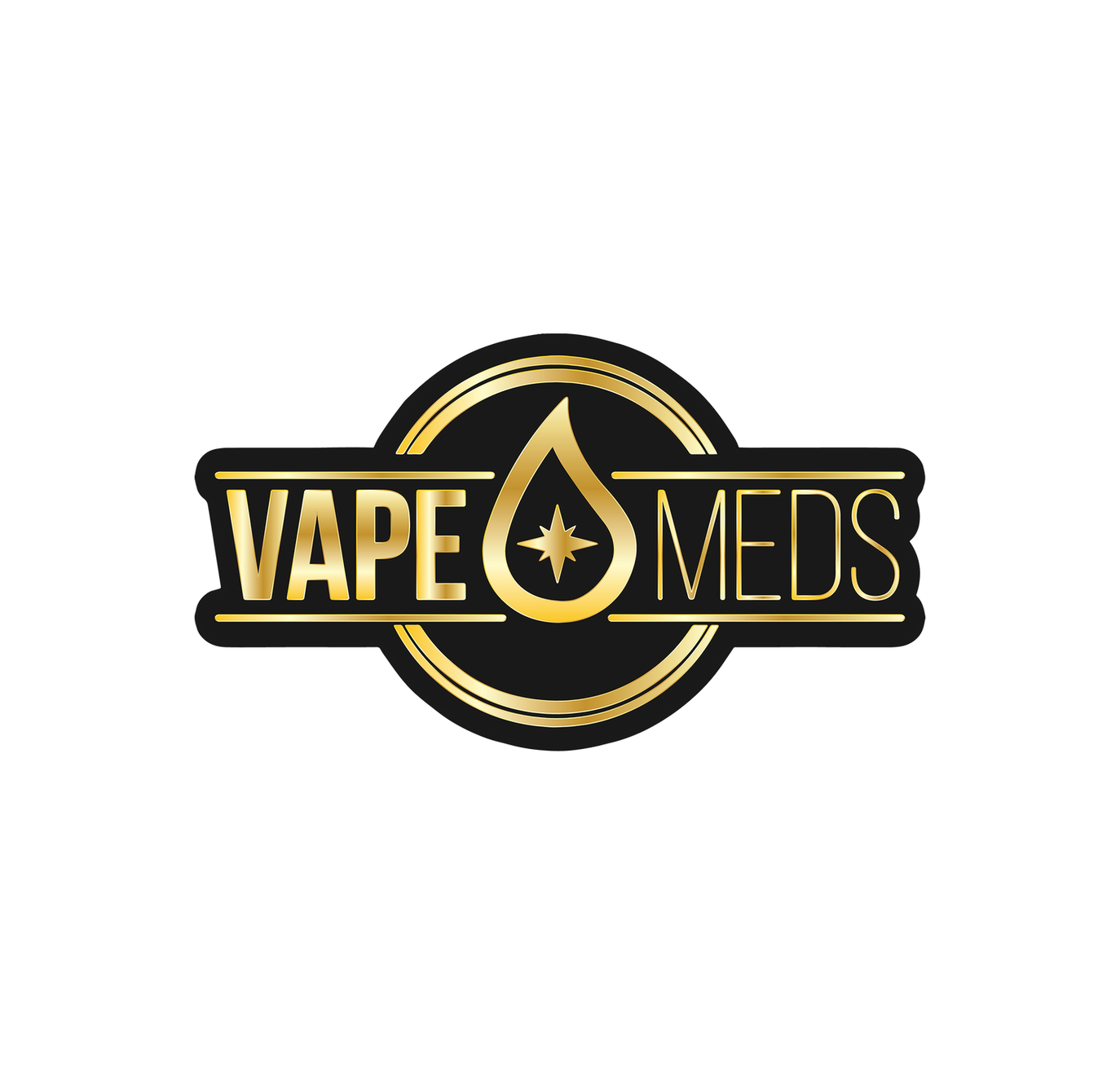Is THCa Legal in the South? Here’s the 2025 Breakdown
- Shawn Dabster

- Jul 29, 2025
- 3 min read
If you’ve been asking, “Is THCa legal in Texas?”—you're not alone. Or Florida. Or Georgia. Or Tennessee. Or even North Carolina. Across the Southern U.S., curiosity about THCa is exploding, especially as consumers and retailers seek legal alternatives to THC-heavy products.
Whether you're a curious consumer, a cautious retailer, or you've just heard that “THCa flower hits like a freight train,” we’ve done the homework for you. Here’s the complete breakdown of THCa legality in the South, state-by-state, as of 2025.
Understanding THCa: The Basics
Before we dive in, let's clarify what THCa actually is. THCa (Tetrahydrocannabinolic Acid) is the non-psychoactive precursor to THC. It naturally occurs in raw cannabis and only transforms into psychoactive THC when heated (decarboxylated). Simply put, raw THCa flower won't get you high—until you apply heat by smoking, vaping, or baking it.
Under the 2018 Farm Bill, hemp-derived products containing less than 0.3% Delta-9 THC by dry weight are federally legal. Since THCa isn't Delta-9 THC itself, many states currently allow its sale—though enforcement nuances exist.

State-by-State Breakdown: Southern Edition
Is THCa Legal in Texas?
Yes—currently. Texas adheres to federal guidelines, so THCa products are legal as long as Delta-9 THC stays under the 0.3% threshold. Texas consumers and retailers have widely embraced THCa flower, carts, and vapes. Still, keep a cautious eye—Texas regulations have a history of shifting quickly.
Is THCa Legal in Florida?
Yes, with attention. Florida permits hemp-derived THCa products that comply with federal Delta-9 THC limits. THCa is booming in Florida's smoke shops and dispensaries, but regulators are increasingly vigilant. Retailers and consumers should regularly verify compliance through reliable COAs.
Is THCa Legal in Georgia?
Yes—but proceed carefully. Georgia officially allows hemp-derived THCa, but inconsistencies persist in law enforcement interpretations. Retailers in Georgia should always carry comprehensive COAs and source from reputable suppliers to prevent misunderstandings or confiscations.
Is THCa Legal in Tennessee?
Absolutely. Tennessee's THCa market is thriving, with flower, vapes, and edibles widely available. Compliance remains straightforward—stay hemp-derived and below 0.3% Delta-9 THC, and you're good.
Is THCa Legal in South Carolina?
Yes, cautiously. South Carolina currently recognizes hemp-derived THCa under federal guidelines. However, enforcement practices can differ widely between counties. Retailers should maintain COAs and educate consumers clearly to avoid legal gray areas.
Is THCa Legal in North Carolina?
Yes—with some caveats. North Carolina follows federal rules, making THCa legal provided it remains below the 0.3% Delta-9 THC limit. While most retailers operate freely, enforcement can vary regionally. Regularly checking the North Carolina Department of Agriculture & Consumer Services (NCDA&CS) updates is wise for staying compliant.
How to Properly Read a Certificate of Analysis (COA)

A trustworthy COA is your golden ticket to safety and compliance. Here’s how to quickly evaluate one:
Delta-9 THC Content: Must be below 0.3% by dry weight.
THCa Potency: Indicates potential psychoactive strength once heated.
Lab Certification: Look for ISO accreditation and recent test dates.
Always request a COA—retailers should never ship without one.
Quick Cheat Sheet: THCa Legality in the South (2025)
State | THCa Legal? | Important Notes |
Texas | ✅ Yes | Follow federal 0.3% Delta-9 rule |
Florida | ✅ Yes | Regulators closely monitoring market |
Georgia | ✅ Yes | Enforcement varies; keep COAs handy |
Tennessee | ✅ Yes | Rapidly growing market, clear rules |
South Carolina | ✅ Yes | Enforcement inconsistent by county |
North Carolina | ✅ Yes | Check regularly for regulatory updates |
Trending THCa Products in the South
Looking to explore? Here are some standout products:
THCa Flower—Aromatic, potent, federally compliant.
2g THCa Disposable Vapes—Convenient, powerful, ready-to-go.
Live Resin + THCa Cartridges—Perfect for terpene enthusiasts.
Retailers, secure bulk deals here.
Retailer Tips for Smooth Operations
Always include a COA—No exceptions.
Avoid THC-centric branding—Minimize legal risks.
Subscribe to regulatory updates—Stay informed.
Educate your customers—Prevent confusion and build trust.
Following these steps helps safeguard your business and maintain good standing with local authorities.

Final Thoughts
Is THCa legal in the South in 2025? Currently, yes—across Texas, Florida, Georgia, Tennessee, North Carolina, and South Carolina. Just ensure your products comply with federal guidelines.
The Southern THCa scene is vibrant and growing, but always stay alert to evolving state regulations. Whether you're enjoying THCa or stocking shelves, staying informed is your best strategy.
Ready for quality, compliant THCa?






Comments